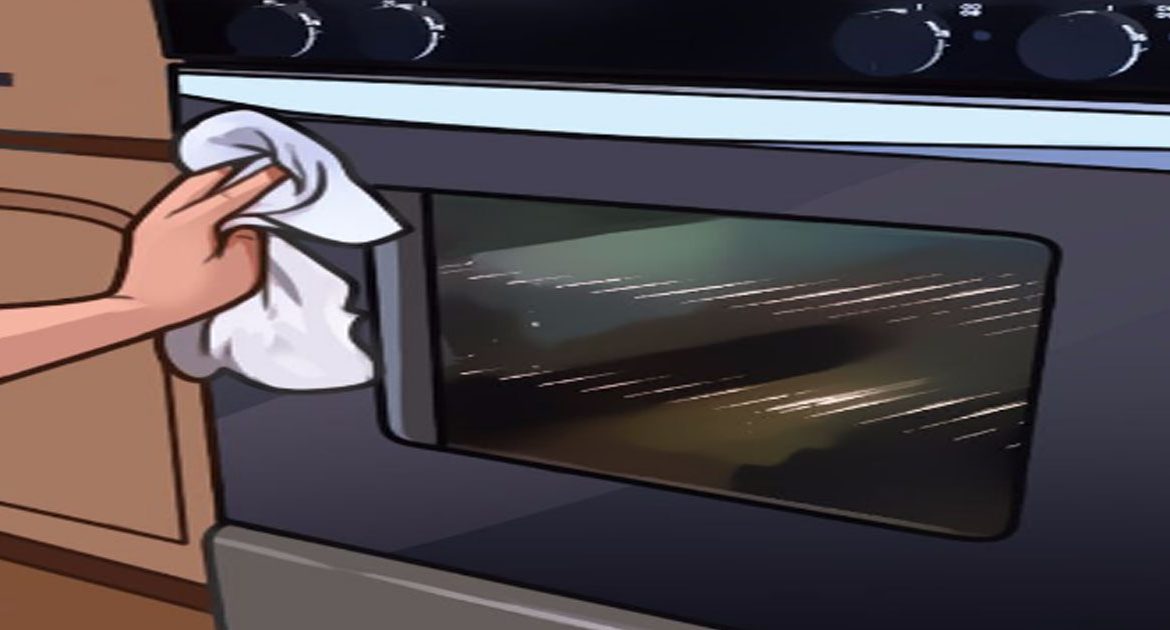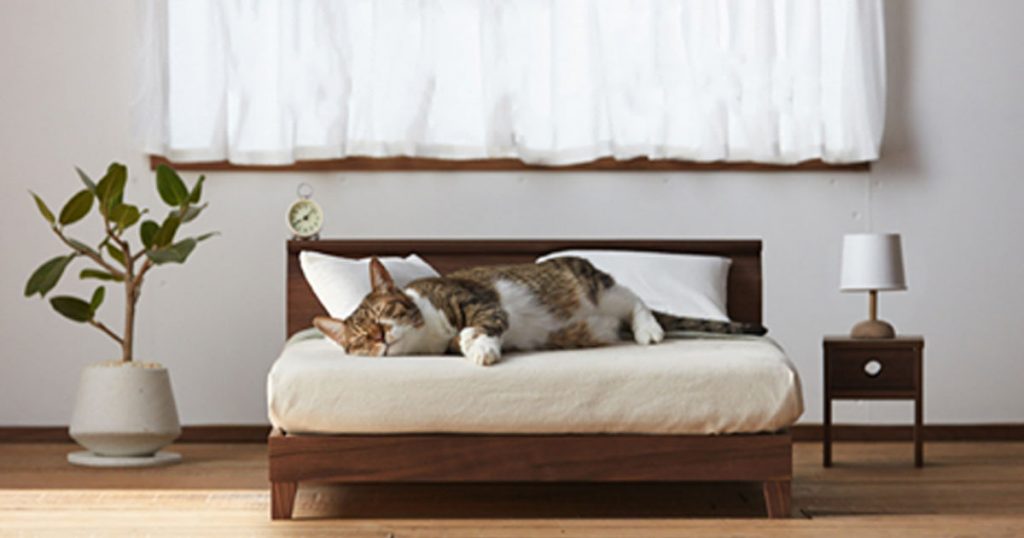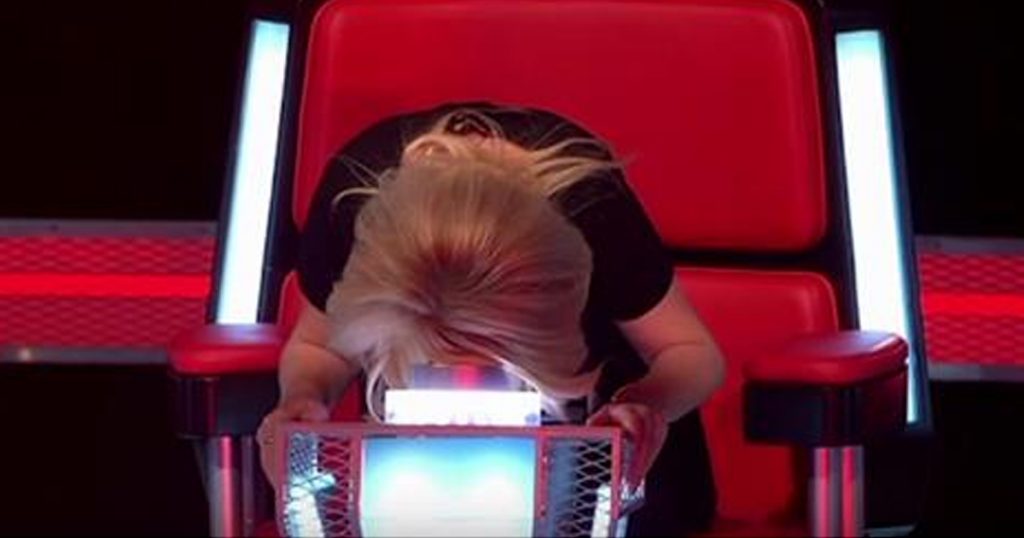You likely keep a bottle of hydrogen peroxide in your home to disinfect minor cuts. According to the Open Chemistry Database, the chemical compound is also found in some teeth whitening and other bleaching products. You’ll be surprised to learn there are oh-so-many-more uses for this magical product. Here are 12 of our favorite uses for hydrogen peroxide:
1. Kitchen glass cleaner. To clean glass surfaces, including mirrors and stove tops, spray hydrogen peroxide directly onto the surface. Natural Living Ideas suggests using a clean, lint-free cloth to then easily wipe away dirt.
2. Countertops disinfectant. Your kitchen countertops can be breeding grounds for all kinds of nasty microbes. Take preventative care by spraying hydrogen peroxide onto countertops, says Natural Living Ideas.
3. Cutting board cleaner. Cutting boards are tricky. If they are not cleaned properly, they can present some particularly bad problems in the germ department. That’s why Natural Living Ideas suggests using hydrogen peroxide to disinfect cutting boards and kill dangerous bacteria.
4. Produce rinse. You may be surprised to know that hydrogen peroxide is a perfectly safe method for cleaning produce. Natural Living Ideas likes to soak fruits and vegetables in hydrogen peroxide for one to two minutes before rinsing the produce in clean water.
5. Refrigerator cleaner. Refrigerator maintenance is important for a bacteria-free kitchen environment. Once a season follow the advice of Natural Living Ideas and spray the inside of the refrigerator with hydrogen peroxide. Let the liquid soak in for a few minutes before using a clean cloth to remove crud and fully disinfect.
6. Pot and pan de-greaser. For stubborn crud that seems impossible to remove, House Logic recommends mixing hydrogen peroxide with enough baking soda to make a paste, and then using the solution to rub away the dirt and grime. You may need to let the mixture sit on the grease for a few minutes before attacking it with a scrubby sponge and warm water.
7. Stain remover. For the most stubborn of stains, pour three percent hydrogen peroxide directly onto the stain, as suggested by Huffington Post. Allow the hydrogen peroxide to soak in for at least one minute, and then rub the stain out before rinsing with cold water.
8. Tile grout cleaner. Bathroom and kitchen tile can get very nasty very fast. To clean tile grout without eroding it, spray hydrogen peroxide onto the grout and let it soak in for a full 30 minutes. Huffington Post says once it is thoroughly soaked, use a stiff-bristled brush to dislodge clogged dirt.
9. Mold remover. Spray hydrogen peroxide directly onto mold to halt the growth of the fungus, says Natural Living Ideas.
10. Toilet bowl cleaner. House Logic suggests pouring 1/2 cup hydrogen peroxide into the toilet, letting it sit for twenty minutes, and then simply scrubbing the bowl clean.
11. Protect plants. For an all-natural fungus deterrent, add a few drops of hydrogen peroxide to your regular water spray in the proportion of 1/2 cup to 1 gallon, as recommended by House Logic.
12. Floor brightener. Next time you mop your floors, try using a mixture of 1/2 cup hydrogen peroxide in 1 gallon hot water. According to House Logic, the mild cleanser is safe for all surfaces and is effective for brightening dingy old floors.
What’s your favorite use of hydrogen peroxide? Tell us when you Liked Video this article on social media!






